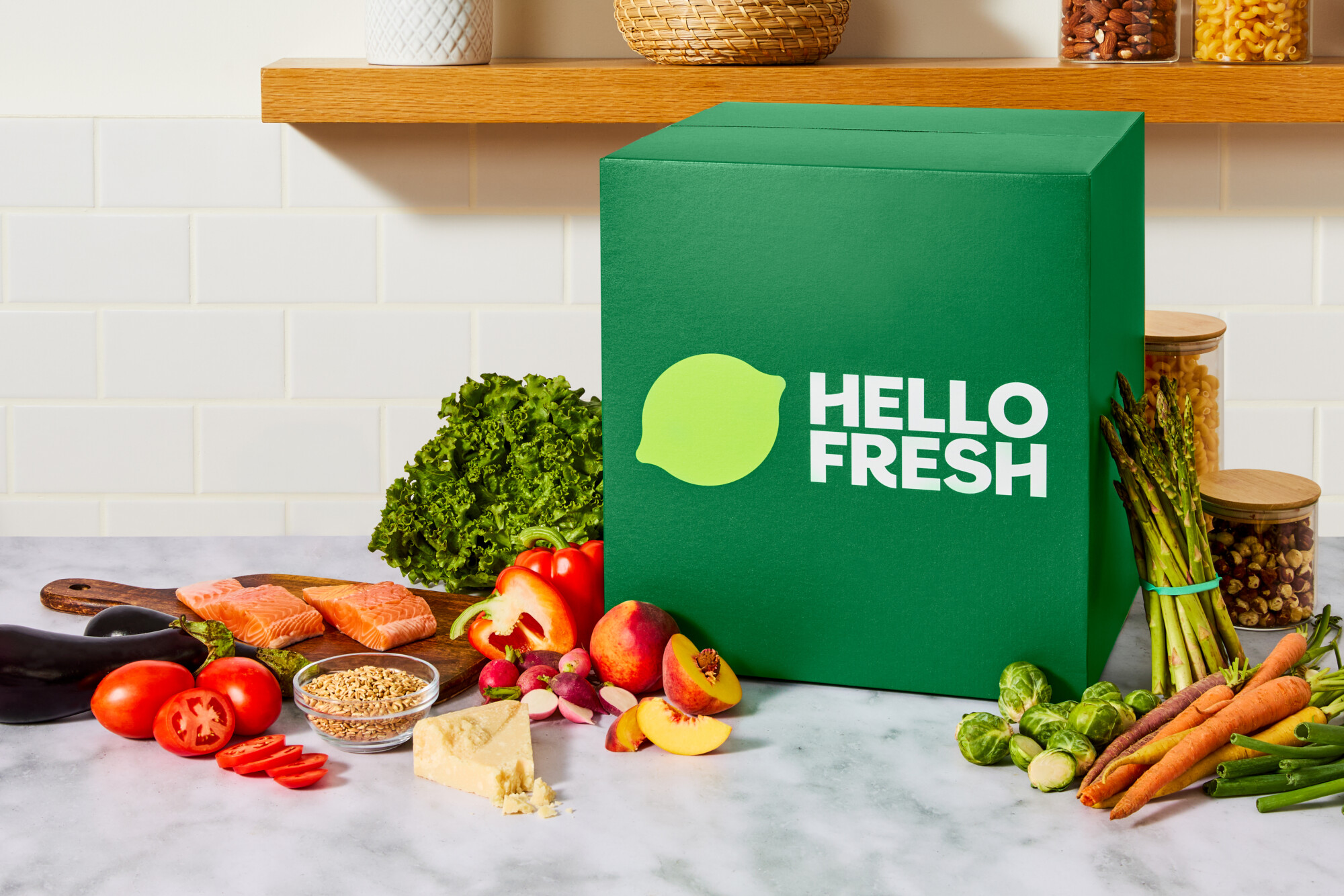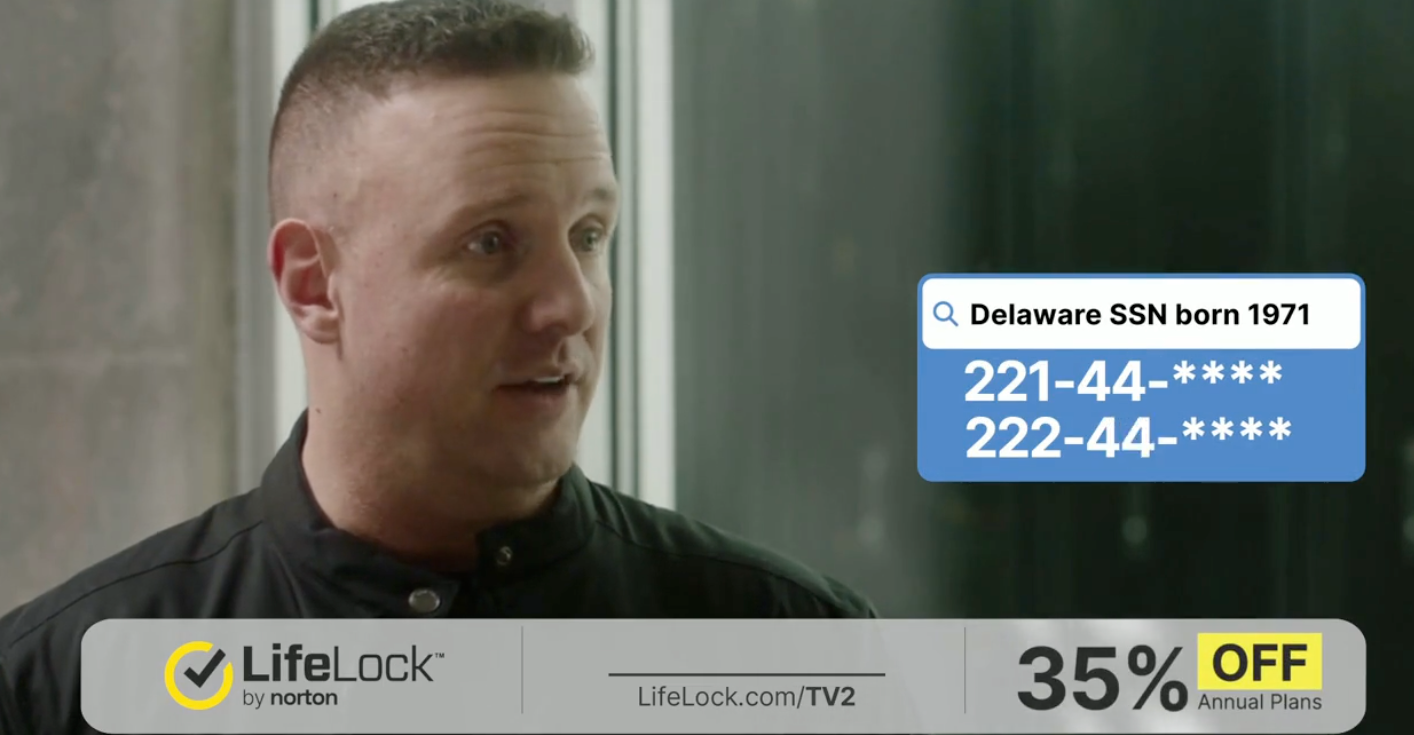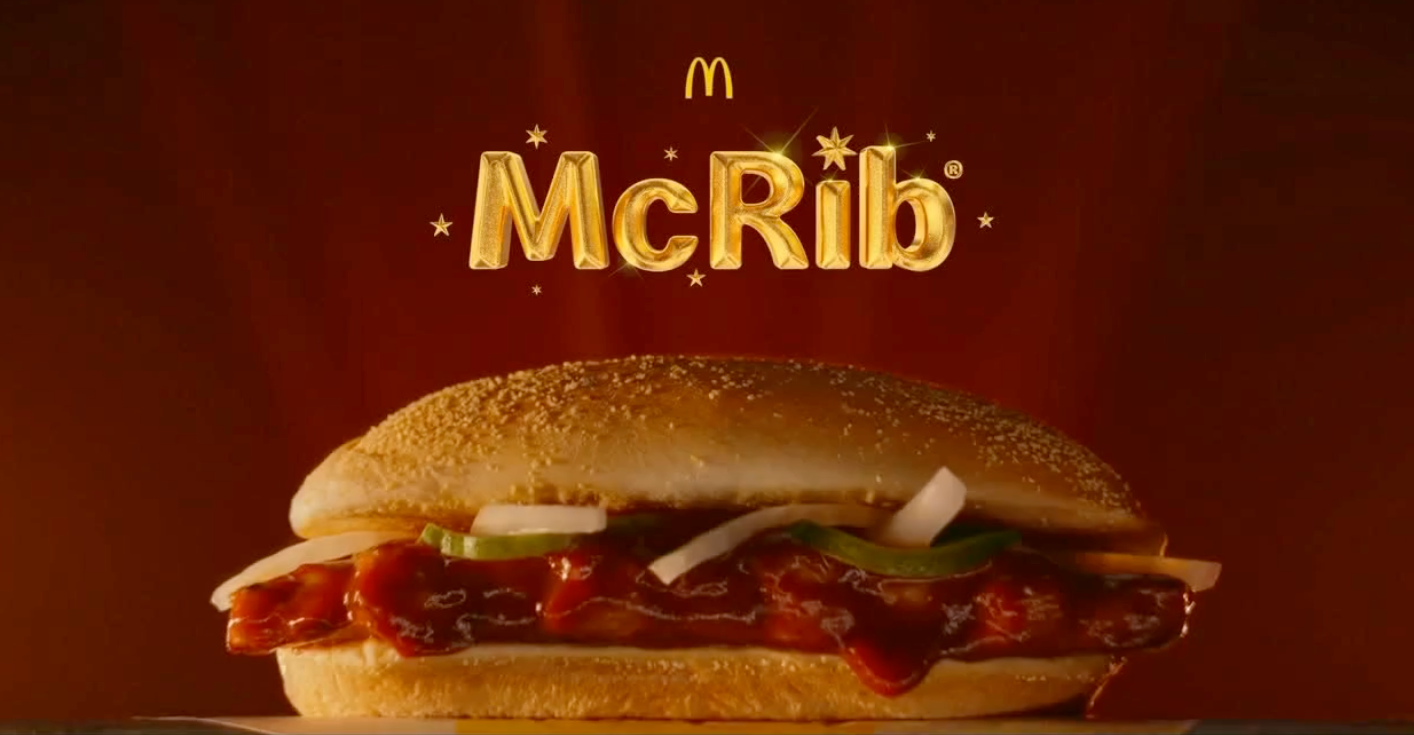
Influencers’ quiet disclosures lagged behind LVCVA’s loud promotion of Formula One race
Kyle Chouinard, Las Vegas Sun
July 2016: The named plaintiff voluntarily dismissed her claims When a complaint is dismissed without prejudice, an amended version of the complaint can be refiled.. The reasons for the dismissal have not been disclosed.
April 2016: A class-action lawsuit was filed against Gymboree for allegedly misleadingly advertising discounts on merchandise (including children’s clothing and accessories) sold in outlet stores by comparing a “sale” price to a false “market” price. According to the complaint, the “market” prices are artificially inflated and were never the original price for the item. In addition, plaintiffs claim that the represented “market” prices are not the prevailing market retail price within the three months immediately before the advertisement, as required by California law. (Dennis et al v. The Gymboree Corp., Gymboree Retail Stores, Inc., and Does 1-50, Case No. 16-cv-835, S. D. CA.)
For more information about the misleading advertising of discounts and TINA.org’s coverage of the issue, click here.
Kyle Chouinard, Las Vegas Sun
Regulatory activity following TINA.org’s 2022 complaint.
Clear policy or moving target?
Is your Social Security number as vulnerable as this company claims?
Lawsuit alleges the McRib is a McScam.



